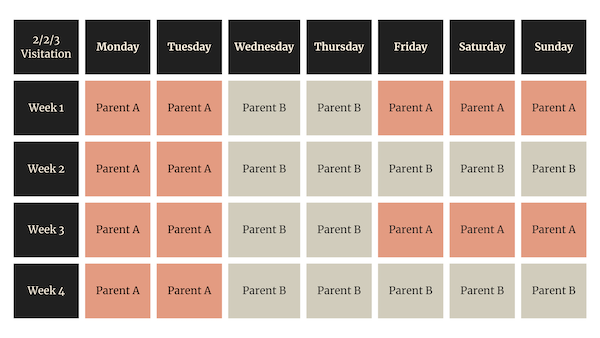Is Lifelong Alimony Possible?
As a divorce attorney, I often receive questions about alimony—what it entails, how long it lasts, and how it’s determined. While alimony, or spousal support, is designed to provide financial resources to a spouse post-divorce, it is not guaranteed. The amount and type of alimony may vary significantly from case to case.
One of the most misunderstood aspects of spousal support is the concept of permanent alimony. While technically possible, it is rare, often impractical, and generally viewed as outdated in today’s legal landscape. In my experience, I have never seen a judge order lifetime alimony, though I have seen parties agree to it in settlements. This type of agreement comes with challenges, particularly when financial circumstances change over time. Key elements to understand about lifetime alimony include:
- Challenges of Lifetime Alimony
- Amicable Agreements May Not Remain Amicable
- Alimony Trends
- Alimony and the Courts

Challenges of Lifetime Alimony
Agreeing to lifetime alimony can create significant financial strain down the road. When you commit to paying alimony for life, you are essentially assuming responsibility for those payments through all stages of life, whether you experience a job loss, retire, or face a debilitating illness.
While it’s possible to modify alimony arrangements, these cases are among the most difficult to win. When you request a modification, courts place a high burden of proof to demonstrate a significant change in circumstances and good faith that these factors could not be foreseen when the agreement was made. One of the most challenging aspects is addressing the argument that the paying spouse should have anticipated certain life events, such as retirement or health issues. These cases are rarely straightforward and often require extensive legal and financial documentation.
Amicable Agreements May Not Remain Amicable
If you settle amicably and agree to pay your spouse alimony for life, you may expect that you will continue your amicable relationship and be able to agree to make a change if your set of circumstances ever changes. That’s not always the case. Relationships sour, and the court will not necessarily be on your side.
An amicable agreement to lifetime alimony may be more difficult to adjust because it was not forced upon you by the court. This eliminates the argument that it was never your intent and that you’d never enter into such an agreement because, in fact, you did. Don’t think that just because the law allows for a modification, it’s going to happen. Modifications are difficult.
Lifetime alimony, while technically possible, is rarely a practical or enforceable option.
Alimony Trends
Today, alimony awards are often shorter in duration or structured as a lump-sum payment. This trend reflects a shift in how courts view spousal support. In cases I’ve handled, it’s common to see alimony agreements lasting two to three years, particularly when one spouse needs time to re-enter the workforce and get back on their feet. It is unusual to see a longer-term alimony arrangement of more than eight years. The main factor really is the length of the marriage. If you have been married for 20+ years, you may be more likely to get longer-term alimony than somebody married for five years, though there are exceptions.
Another trend in high-asset cases is lump-sum alimony payments. These are often favored because they provide a clean break for both parties.
Alimony and the Courts
In cases that go to court, judges tend to provide fair but limited financial support. In addition to the length of your marriage, courts assess the ability to pay and the recipient’s need. When you have a party earning in the millions, in my experience, there’s going to be a greater likelihood that they will have to pay for a longer time. In cases where the higher-earning spouse has a more modest income, even if they make a lot more than their spouse, the court is going to be more reasonable in setting a shorter-term length on the alimony.
Courts also assess whether the receiving spouse genuinely requires financial support. There could be a spouse who stayed home for 15 or 20 years and didn’t work. She or he might generally receive alimony. In a high asset case, the court might also recognize that though the person may not be able to earn income, they are going to be set for the rest of their life because they just got several million dollars from their division of assets. The judge might decide to shorten alimony or not award it at all.
Final Word
Alimony can be a contentious issue in divorce. One of my roles as an attorney is to help clients set realistic expectations. Many people come into the divorce process with preconceived notions about what they “deserve” or what they should pay. Lifetime alimony, while technically possible, is rarely a practical or enforceable option. Instead, lawyers and the courts focus on fairness. By understanding the realities of alimony awards, you can approach negotiations with clarity and realistic expectations.



























































